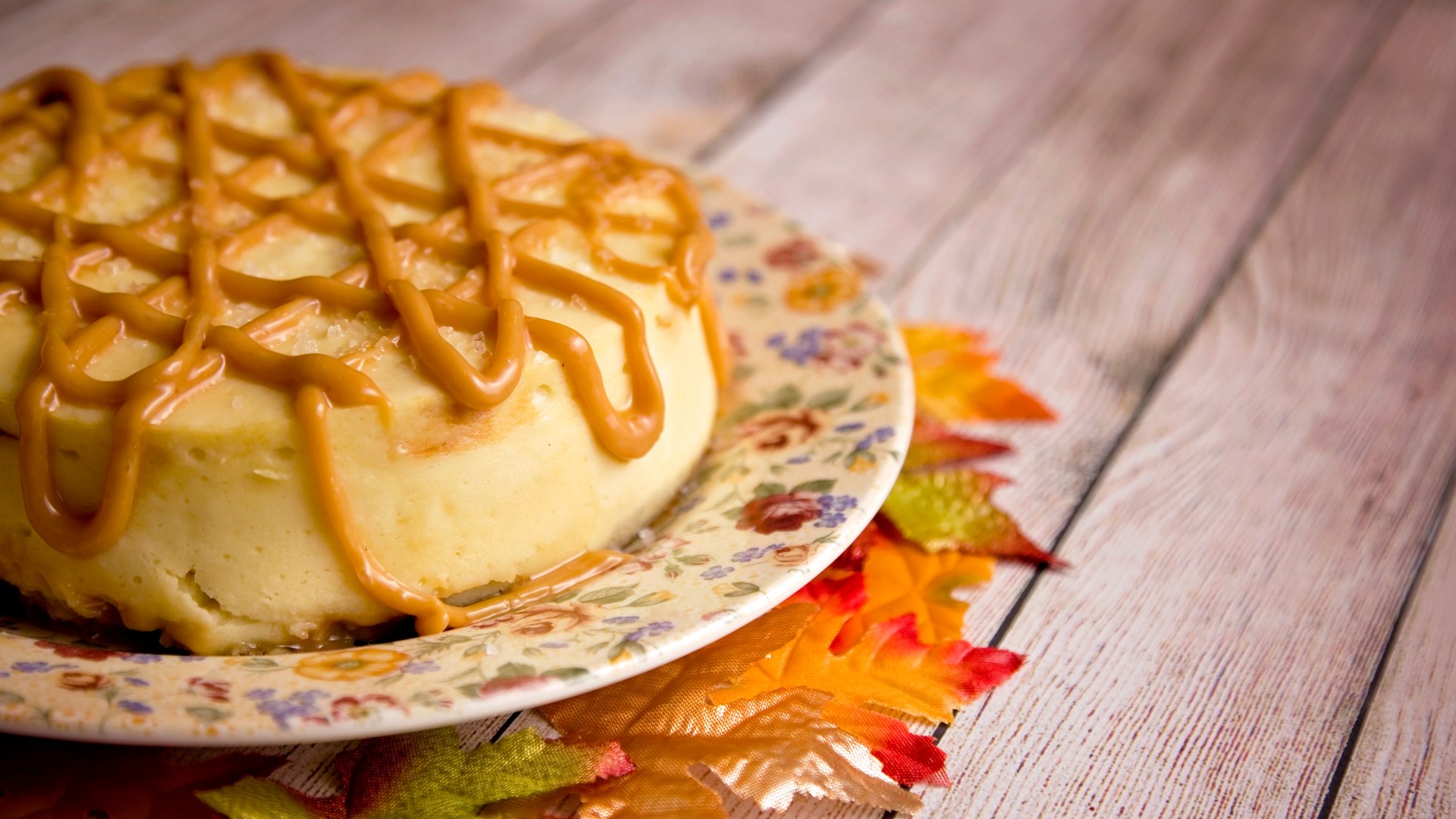The first time I remember feeling uncomfortable from overeating was at a Thanksgiving meal at my grandparents'. Between the main course and the dessert that I still hoped to eat, I went on a walk around their property to relieve my discomfort and make room for just a bit more. Perhaps every child has such an encounter with the stomach's limits, but that meal also foreshadowed many years of struggling with food. During those years, my sense of taste seemed more curse than blessing.
By my freshman year of college, I could balance my healthy, six-foot tall father in the scales, a fact that scared me. I'd been trying to "fix" my weight since late junior high, but to no avail. Each time my latest strategy failed (whether cutting out dessert or seconds or trying to get more exercise), the high weight for that lapse inched further upward. These numbers were always in the realm of mere overweight, but seemed doomed to end in obesity. When I saw Dad's weight on my scale that day, I started to wonder how near that was.
In the panic that ensued, I bought my first, and last, Christian diet book. Though I never actually finished it, the author introduced a radical notion: God had made my body good. In fact, she said, it could tell me how much energy I needed to consume, maybe even what kind of food. But first, I would have to listen to my body.
The first several weeks of learning to listen were difficult. Before, I had always waited until I felt full to stop eating, but the author said I should stop when satisfied, a point I had never noticed and which always came too soon. Though I had no constraints on what I ate, my body never seemed to need as much as I wanted. Stopping when I was satisfied often echoed the way I felt on Friday nights that year, when I would sit alone in my dorm room, hearing the other students head out for the start of their weekends.
Gradually my newfound restraint began to pay off. After six months, I had lost about 30 pounds solely by listening. And I now felt a new freedom at the buffet line: rather than choosing based on a rule, I could eat whatever I wanted, within the limits of hunger.
Though I had learned an important lesson about how to work my body, that victory proved like every weight skirmish before: it didn't last. Over the next few years, I continued to struggle with food, often eating when I lacked a sense of control or faced negative emotions.
One day I looked at my skinny-clothes stash. Rather than pushing past them with the usual vague hope. I started to ask: Was I really going to wear these someday? What if I never could? Was I going to spend my life forestalling happiness until thinness proved attainable?
I didn't want to bet contentment on a goal I might never achieve. I decided to quit the diet treadmill and focus on merely containing my weight (not gaining).
And when I did so, a funny thing happened: For the first time in years, I began to think about food less. In the past, such reduced vigilance would have seemed like opening the doorway to disaster, but that fear proved unfounded. Instead, a rumbling hunger within increasingly prompted meals when I lost track of time or forgot to eat. And when I could pinpoint my craving to a specific dish or ingredient (often vegetables or protein), I discovered a new degree of satiation in food. Eating something my body had told me it wanted began to provide an unprecedented pleasure. And, most remarkably, my weight began to drop.
Sixteen years have passed since that freshman-year scare on the scales, and I've now been healthy so long it's hard to believe my former anguish over food. The body that once seemed an enemy has become a cherished friend and partner in moving, working, eating, and drinking.
My gastronomic gusto seems to unsettle some people. Regardless of your health and weight, I've noticed an unspoken code about eating, especially in-between-meals sweets, whereby one's indulgence must be accompanied by self-abasing remonstrations, as if eating sweets is inherently sinful. I've sometimes been subtly chided for my hearty, guiltless partaking, forced to explain how heeding my body's limits has freed me to greater enjoyment.
It surprised me the first time a friend called me a foodie, but I think he meant the joy I've found in discovering and enjoying life palate first. The world of cooking and cocktails has proved an ongoing adventure so rich, I sometimes wish I could have God over for a tasting feast to share all my favorite flavors with him.
When I look at areas of life where victory seems impossible, my transformed relationship to food and my body gives me hope. If God could turn something so ravaged by sin and brokenness into such a source of joy, what else can—and will—he yet redeem? Theologian Albert Wolters writes in Creation Regained that God "does not make junk, and he does not junk what he has made." This Thanksgiving, I am so grateful that extends to our taste buds.
Anna Broadway is a writer and web editor living in the San Francisco Bay area. She is the author of Sexless in the City: A Memoir of Reluctant Chastity and a regular contributor to Her.meneutics.









